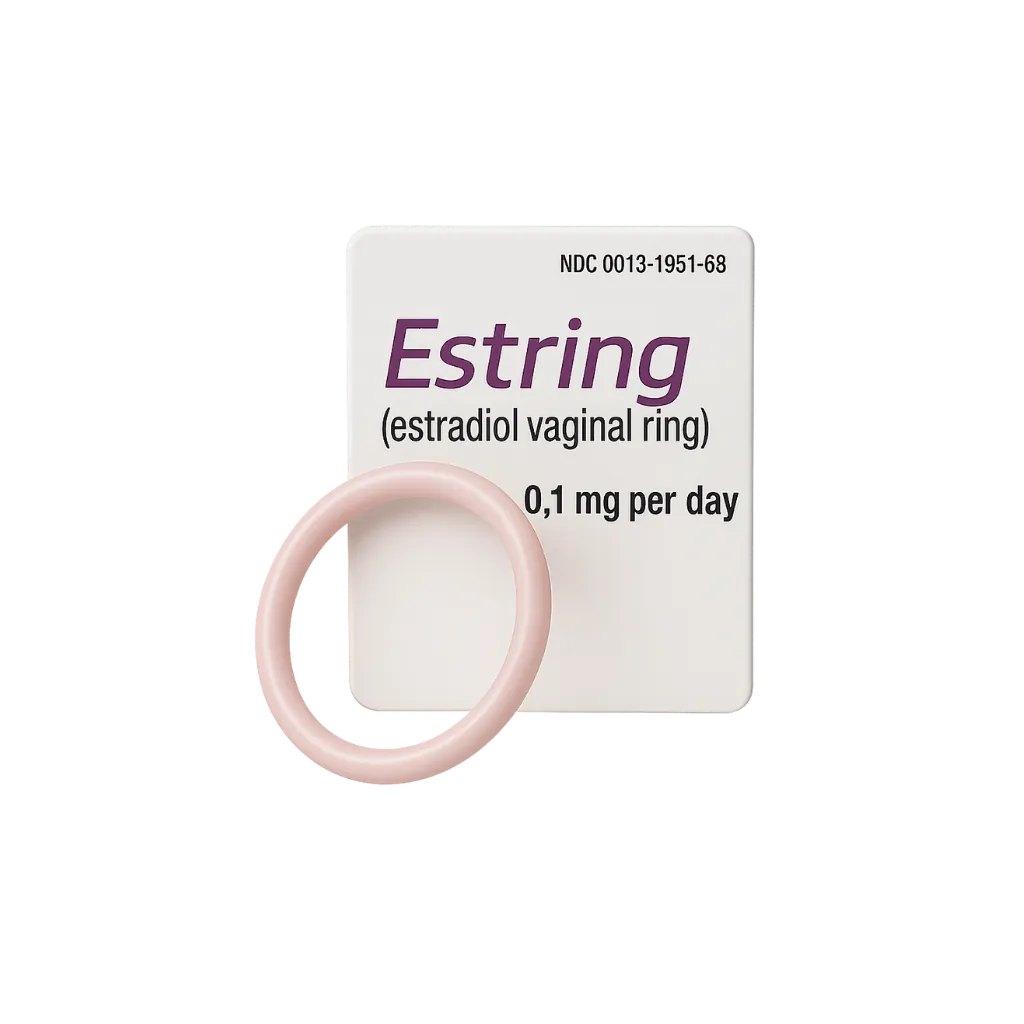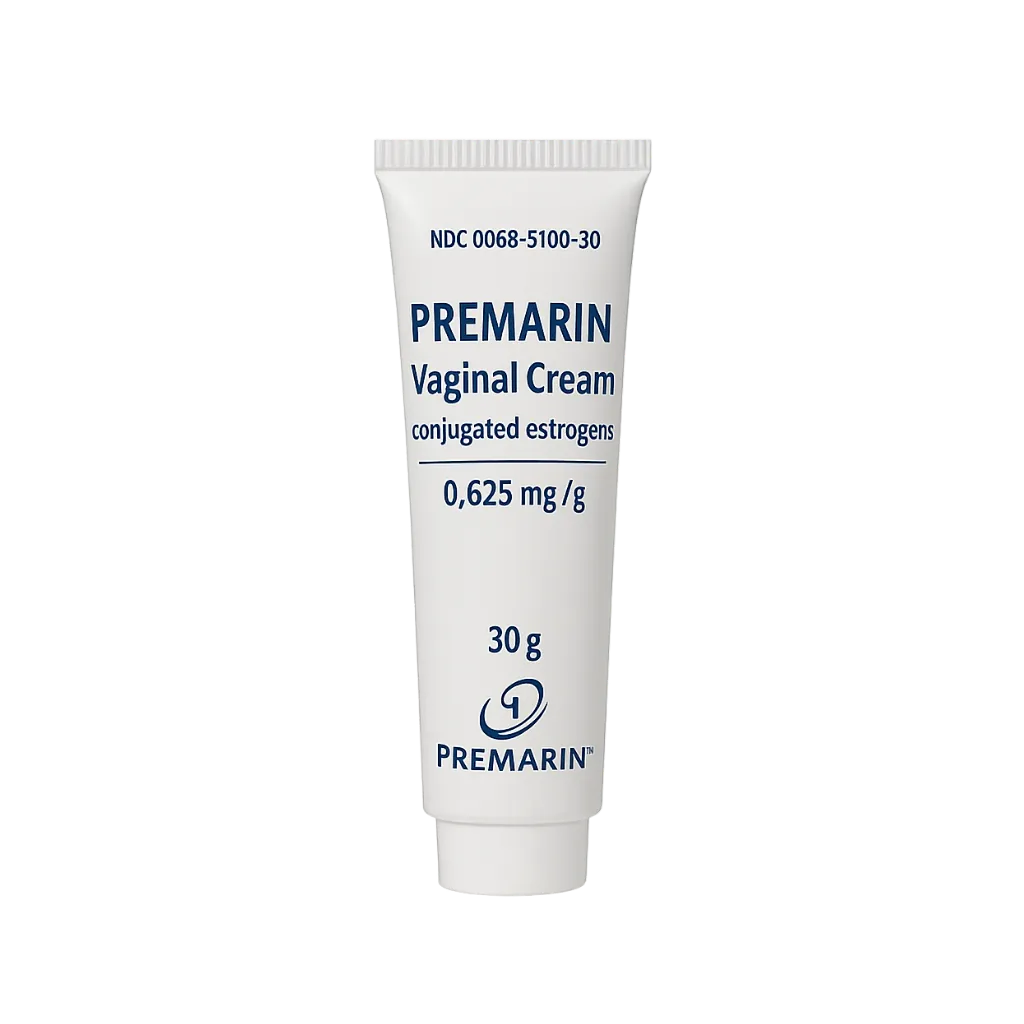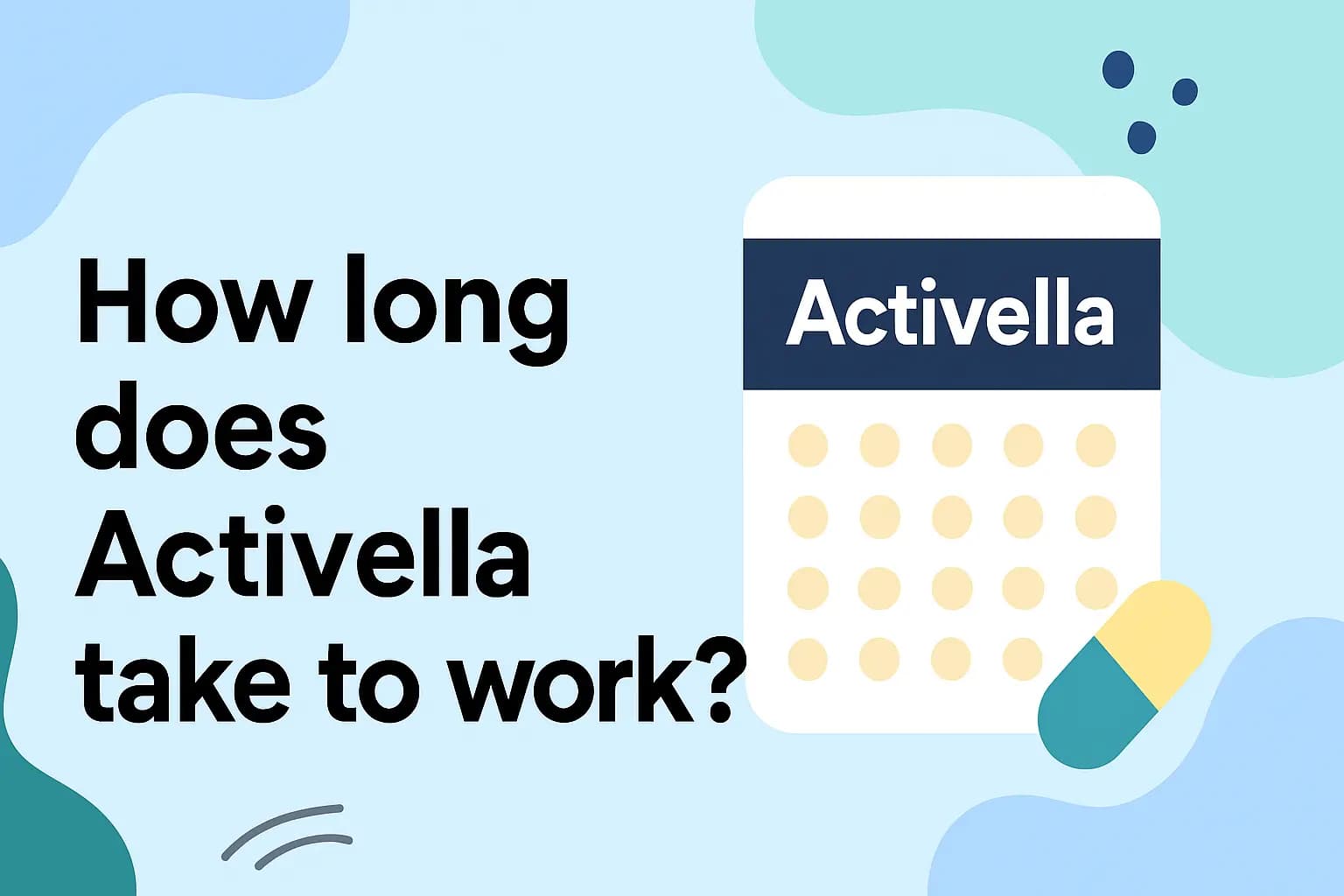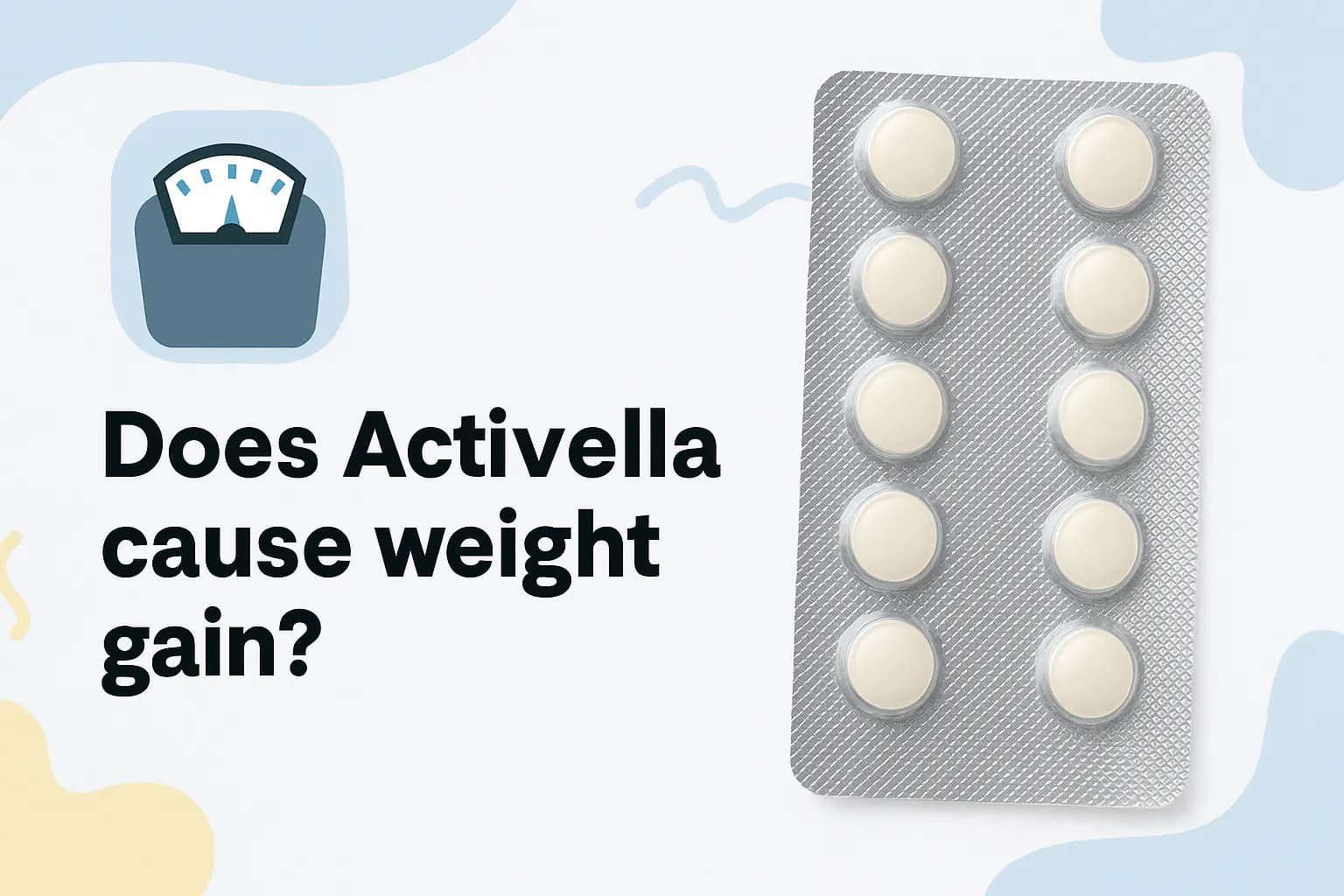Does Activella cause hair loss?

As women get older and go through menopause they can experience various emotional and physical changes. Their bodies slowly stop producing two essential hormones – estrogen and progesterone. These hormones promote healthy hair growth, and their absence can lead to hair loss. Hair loss during menopause is typically caused by decreased levels of estrogen, which can lead to thinning hair and sometimes balding. Also, menopause can increase your levels of cortisol, leading to a decrease in hair production.
Activella (estradiol/norethindrone acetate) is a form of hormone replacement therapy (HRT) that is used to treat postmenopausal women who have low levels of estrogen. It can also be used to prevent osteoporosis in women who have reached menopause. When taking HRT such as Activella, your estrogen or progesterone can become imbalanced, which can cause the hair on your scalp to thin. During clinical studies, some women experienced hair loss. However, this type of hair loss is usually temporary and reversible once you stop taking HRT or adjust the dosage. If you notice your hair thinning after starting Activella, talk with your healthcare provider to see if there are any other treatment options you can try.
Activella FAQs
What is Activella used for?
- Treatment of moderate-to-severe symptoms of menopause such as night sweats, flushing, hot flashes, and vaginal dryness or irritation
- Prevention of osteoporosis (bone loss) due to menopause
How does Activella work?
Activella is a combination of 2 synthetic female hormones: progestin (norethindrone acetate) and estrogen (estradiol). Estradiol helps relieve symptoms of menopause and increases bone mineral density (BMD). Norethindrone balances estrogen’s effects to help reduce the risk of uterine cancer.
What are the side effects of Activella?
Common side effects include:
- Breast pain or tenderness
- Headache
- Upper respiratory infection
- Postmenopausal bleeding
- Nausea, weight gain, ovarian cyst, stomach flu, viral infection
- Vaginal yeast infection, mood swings, back pain
Other possible side effects include:
- Changes in vaginal bleeding pattern
- Stomach pain, gas, bloating, diarrhea
- Trouble sleeping, fatigue, dizziness, nervousness
- Hair loss or excessive hair growth, increased blood sugar
Serious risks include:
- Cardiovascular risks, blood clots, stroke
- Allergic reactions
- Increased risk of dementia, ovarian and breast cancer
- Liver/gallbladder issues, calcium level changes
- Fluid retention, pancreatitis, thyroid hormone imbalance
Shop Medications
Drug Interactions
- CYP3A4 inducers: St. John’s Wort, carbamazepine, phenobarbital, rifampin
- CYP3A4 inhibitors: clarithromycin, erythromycin, itraconazole, ritonavir, grapefruit juice
Boxed Warning
HRT may increase risks of heart attack, stroke, blood clots, and breast cancer. Should not be used for cardiovascular disease or dementia prevention. Not for women over 35 who smoke.
Who Should Avoid Activella?
- Undiagnosed vaginal bleeding
- Breast or estrogen-dependent cancer
- Blood clots, stroke, liver disease
- Known or suspected pregnancy
Precautions
- Smoking, heart disease, high cholesterol or BP
- Liver/kidney disease, fibroids, endometriosis
- Thyroid issues, porphyria, contact lens wearers
Pregnancy and Breastfeeding
Do not use Activella if pregnant. It can pass into breast milk and affect milk quality/production.
Food Interactions
Avoid grapefruit or grapefruit juice while taking Activella.





